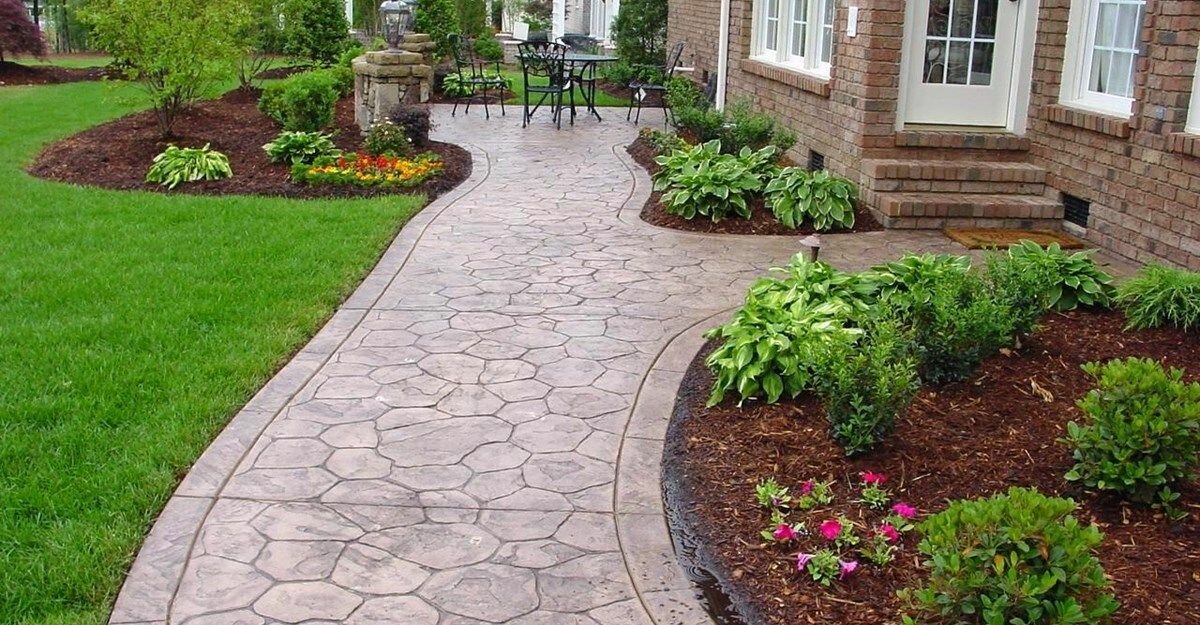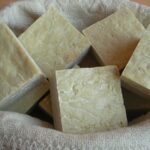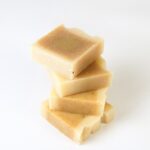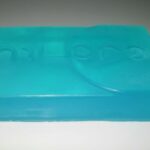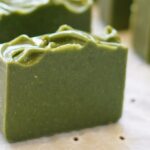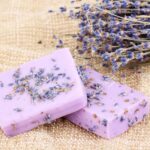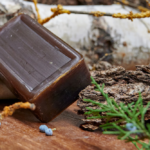Standards and tests for natural stone
- Mass
- Porosity
- Compressive strength
- Flexural strength
- Hardness
- Wear resistance
- Frost tolerance
- Slip resistance
Tips for laying natural stone tiles on an indoor floor
- Sustaınability by choice
- Sealed or glued ?
- Format types
- Easy to maintain
The European standards for the use of natural stone include about 35 test methods. The normative requirements applicable to stone products determine the use of the products according to the project and the location.
Every manufacturer of natural stone is obliged to submit a technical data sheet of the stone specifying its name, the place of extraction and standardised characteristics of the stone: identity and suitability for use tests. Here are the eight most essential standards:
Mass
This standard indicates the mass, expressed in kg, of a m³ of material, indicating the degree of compactness of natural stone. For example, granite or slates have more compact structures than limestone.
Porosity
This standard shows the volume of open spaces in relation to the total volume of natural stone. This quantity is related to strength and absorption, i.e. the mass of water absorbed in relation to the mass of a dry test piece. Limestone has a higher porosity than granite.
Compressive strength
This standard refers to the pressure that can be applied to stone without breakage. The compressive strength is expressed in N/mm². With this standard, you can select a type of natural stone with the desired compressive strength to enhance the security of the building (lintel, pillar, column).
Flexural strength
The flexural strength is the maximum load that natural stone can support. It is essential for the installation of stone in open staircases or overhanging parts. This indicator must always be less than the compressive strength.
Hardness
To calculate the hardness of the stone, we take the average hardness of the minerals found there. Hardness gives a good idea of whether or not a stone is scratch-resistant. It is defined by one of these terms: very tender, tender, semi-firm, firm, hard or cold. The builders of the 12th century were looking for stones of medium hardness such as limestone or sandstone for small samples.
Wear resistance
The wear resistance of stone is a criterion for determining whether a material is suitable as a floor covering in a given space. Tests to determine the wear resistance study the effect of human traffic on the material (friction). Wear resistance gives a more accurate picture for the floor application compared to hardness.
Frost tolerance
This standard identifies a critical durability characteristic for exterior structures. Natural stone meets frost resistance standards classified in terms of the number of freeze/thaw cycles that a rock sample can undergo in the laboratory without showing alteration. Depending on the purpose of the work, the standard varies.
Slip resistance
Slip resistance has an essential role in the safety of natural stone floor coverings. It is notably conditioned by the nature and surface condition of the elements in contact. Lack of grip can lead to loss of balance and thus increase the risk of falling. Therefore, slip resistance is logically an obligatory characteristic for CE marking according to the harmonised standards for materials used in floor coverings.
Tips for laying natural stone tiles on an indoor floor
Natural stone is a material widely used in interior and exterior decoration. Its natural qualities -durability, resistance, hardness, ease of maintenance- make it a highly sought-after product for indoor flooring. Find out everything you need to know to install a natural stone floor.
Sustainability by choice
Natural stone tiles create warm and authentic atmospheres in the kitchen, as well as design worlds in the living room or bathroom. A material created by nature over millions of years to pass through the years in our habitats. Using natural stone for the floor means choosing a product that gives buildings significant added value.
The stone increases in value over the years. Unlike processed products – ceramic or concrete – stone is a raw material that does not require any special treatment. Although it can wear out over decades, the stone is easily renovated.
Natural stone can withstand extreme temperatures. Many stones are often less expensive than some composite products (a ceramic floor is generally more expensive than a stone floor) while offering superior durability. For example, a natural slate tile has a life span twice as long as a ceramic tile.
Sealed or glued ?
Choosing a sealed installation (traditional) or a glued installation (simpler) depends on the condition of the floor. For traditional laying, each tile is sealed in a 3 to 5 cm thick mortar. The joints – at least 5 mm between each slab – are made with a white cement slip. Let dry 3 to 4 weeks and clean with clear water to remove the last impurities.
For glued installation, we opt instead for a thick and flexible adhesive glue. Faster and easier to implement, Quicker and simpler to implement, this solution allows the floor to be used after 24 to 48 hours compared to 72 hours for traditional laying.
Format types
Natural stone slabs can be laid in strips or Roman opus and opus incertum formats. Strip slabs – long and narrow pieces of stone – have a variable length depending on the joints. The opus incertum consists of laying stones with irregular formats. The Roman opus is an assembly of square and rectangular slabs of various sizes on a surface.
Easy to maintain
Natural stone used for interior coating is very easy to maintain. For routine cleaning, simply mop it up with a minimum of water and pH-neutral soap. Economical and easy to do, this type of maintenance does not require any products. Even if the stone does not require any special cleaning, you can help it to retain its beauty over the years.
